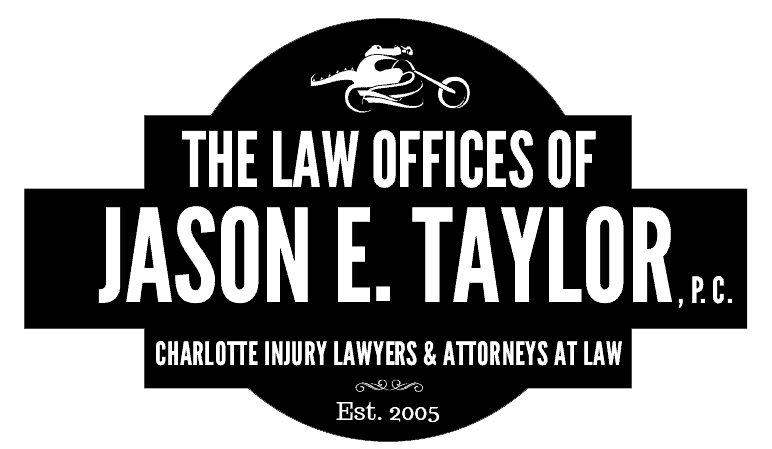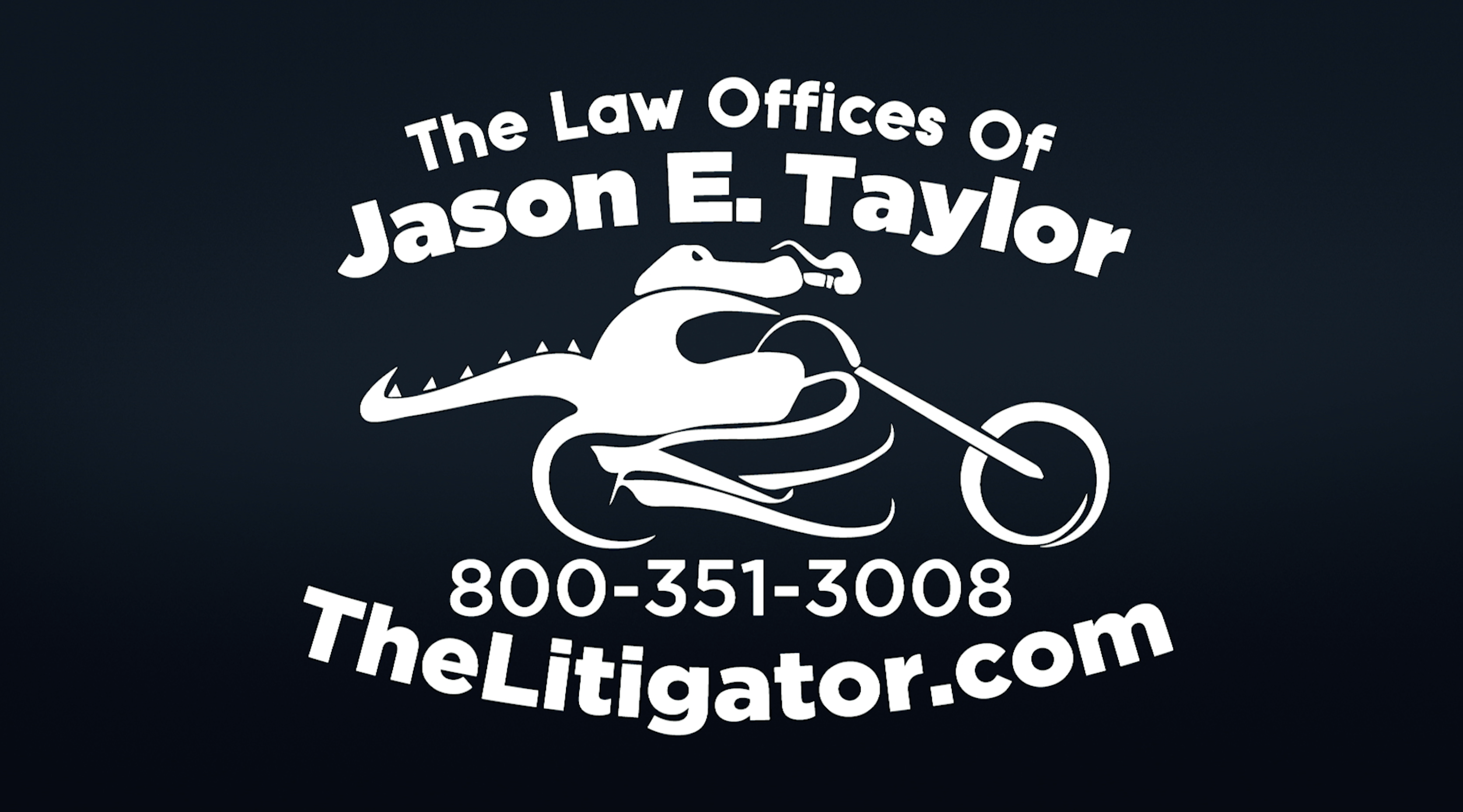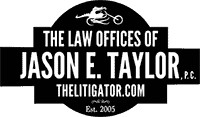Leyes de responsabilidad de locales en Carolina del Norte
La responsabilidad de las instalaciones es la teoría legal que responsabiliza a los propietarios por las lesiones sufridas por los visitantes en su propiedad. Según la ley de Carolina del Norte, existen tres categorías de visitantes: invitados, licenciatarios e intrusos.
Se invita a un invitado a la propiedad en beneficio del propietario o del ocupante, como un cliente en una tienda. Se permite a un titular de licencia en la propiedad para su propio beneficio, como un invitado social. Un intruso es alguien que no está autorizado a estar en la propiedad.
Para recuperar daños en un caso de responsabilidad de locales, el demandante debe probar que el propietario u ocupante de la propiedad fue negligente. Esto significa que no usaron un cuidado razonable para mantener su propiedad segura para los visitantes. El demandante también debe probar que esta negligencia causó sus lesiones.
Cómo Probar Negligencia en un Reclamo de Responsabilidad de Locales de Charlotte
Para probar que el dueño de la propiedad fue negligente, deberá demostrar que sabía o debería haber sabido sobre el peligro y no tomó las medidas razonables para solucionarlo. Puede hacer esto con evidencia como:
- El testimonio de un testigo visual
- Fotografías o videos del peligro.
- Registros de mantenimiento
- Informes de incidentes anteriores
Para probar que sufrió lesiones como resultado de su negligencia, es posible que necesite:
- Registros médicos
- Recibos por tratamientos médicos
- Documentación de salarios perdidos
Si se lesionó en la propiedad de otra persona, es posible que pueda presentar una demanda contra el dueño de la propiedad. Póngase en contacto con uno de nuestros abogados de lesiones personales hoy para obtener más información sobre sus opciones legales.
Ejemplos de negligencia del propietario
Hay muchas formas en que el propietario u ocupante de una propiedad puede ser negligente. Algunos ejemplos comunes incluyen:
- No advertir a los visitantes de los peligros potenciales en la propiedad
- No reparar los riesgos conocidos en la propiedad
- No mantener la propiedad adecuadamente
- Crear condiciones peligrosas en la propiedad.
Tipos comunes de casos de responsabilidad de locales en Charlotte
Hay muchos tipos diferentes de casos de responsabilidad de locales. Algunos ejemplos comunes incluyen:
- Accidentes por resbalones y caídas
- Accidentes de ascensores y escaleras mecánicas
- accidentes de piscina
- Mordidas de perro
- Riesgos de incendio
- Exposición a sustancias peligrosas
Recuperación de compensación por sus lesiones
Si ha resultado lesionado en la propiedad de otra persona, es posible que pueda recuperar los daños por sus lesiones. Estos daños pueden incluir:
Compensación por Gastos Médicos
Es posible que pueda recuperar una compensación por todos sus gastos médicos pasados y futuros relacionados con sus lesiones. Esto puede incluir:
- Hospitalización
- Cirugía
- Rehabilitación
- Medicamento
Compensación por salarios perdidos
Si ha resultado lesionado, también puede recuperar una compensación por cualquier salario que haya perdido debido a sus lesiones. Esto puede incluir:
- Salarios perdidos por tiempo fuera del trabajo
- Pérdida de capacidad de ingresos si no puede volver a trabajar o solo puede volver a trabajar en una capacidad limitada
Compensación por el dolor y el sufrimiento
También puede recuperar una compensación por el dolor y el sufrimiento físico y emocional que ha experimentado debido a sus lesiones.
Estatuto de limitaciones para reclamos de responsabilidad de locales en Charlotte, NC
Es importante tener en cuenta que existe un estatuto de limitaciones para las reclamaciones de responsabilidad de locales en Carolina del Norte. Esto significa que solo tiene una cierta cantidad de tiempo para presentar su demanda. Por lo tanto, se le puede prohibir la recuperación si no presenta su demanda dentro de este plazo.
El estatuto de limitaciones para la mayoría de los casos de responsabilidad de locales en Carolina del Norte es de tres años a partir de la fecha del accidente. Sin embargo, hay algunas excepciones a esta regla. Si ha resultado lesionado en la propiedad de otra persona, es importante que hable con un abogado de responsabilidad de locales de Charlotte lo antes posible para asegurarse de que sus derechos estén protegidos.
Las Oficinas Legales de Jason E. Taylor: Abogados experimentados en responsabilidad de locales de Charlotte
Las Oficinas Legales de Jason E. Taylor es una firma de abogados de lesiones personales en Charlotte, Carolina del Norte, con más de 25 años de experiencia en el manejo de casos de responsabilidad de locales. Tenemos un historial comprobado de éxito y estamos dedicados a luchar por los derechos de nuestros clientes. Si usted o alguien a quien ama ha resultado lesionado en la propiedad de otra persona, podemos ayudarlo. Póngase en contacto con nosotros hoy para una consulta gratuita. No cobramos ninguna tarifa a menos que recuperemos una compensación por sus lesiones.
Póngase en contacto con nuestros abogados de responsabilidad de locales en Charlotte, NC.
Las Oficinas Legales de Jason E. Taylor es una firma de abogados de lesiones personales en Charlotte, Carolina del Norte, con más de 25 años de experiencia en el manejo de casos de responsabilidad de locales. Tenemos un historial comprobado de éxito y estamos dedicados a luchar por los derechos de nuestros clientes. Si usted o alguien a quien ama ha resultado lesionado en la propiedad de otra persona, podemos ayudarlo. Póngase en contacto con nosotros hoy para una consulta gratuita. No cobramos ninguna tarifa a menos que recuperemos una compensación por sus lesiones.








